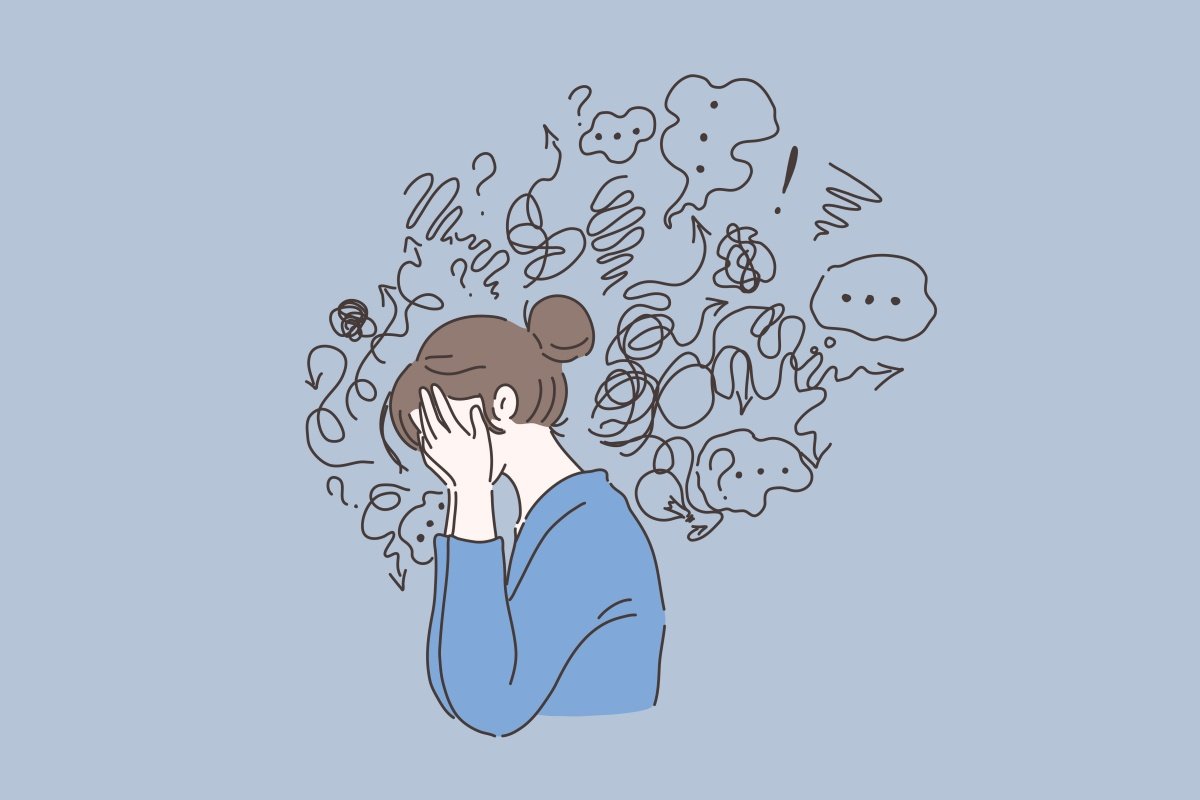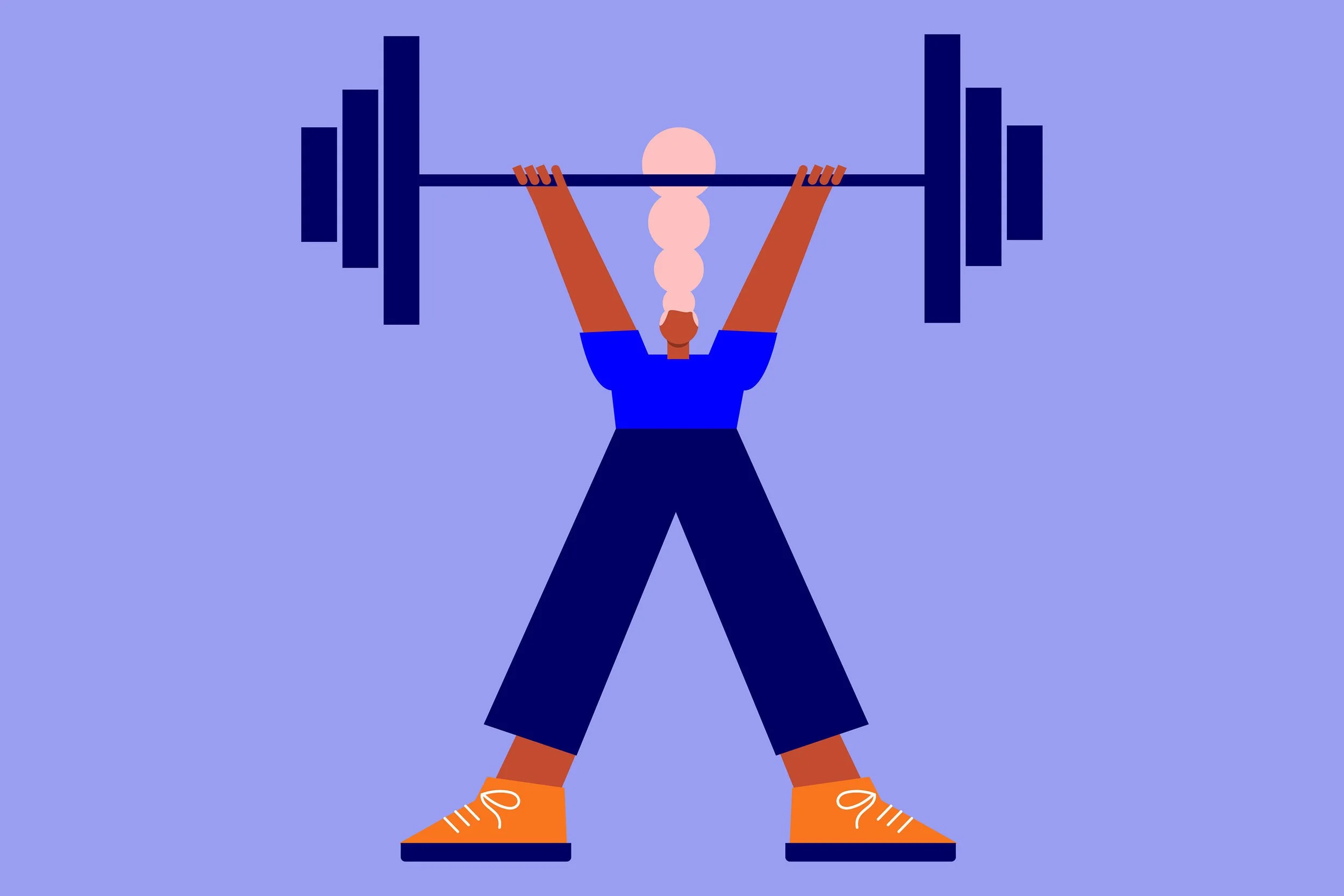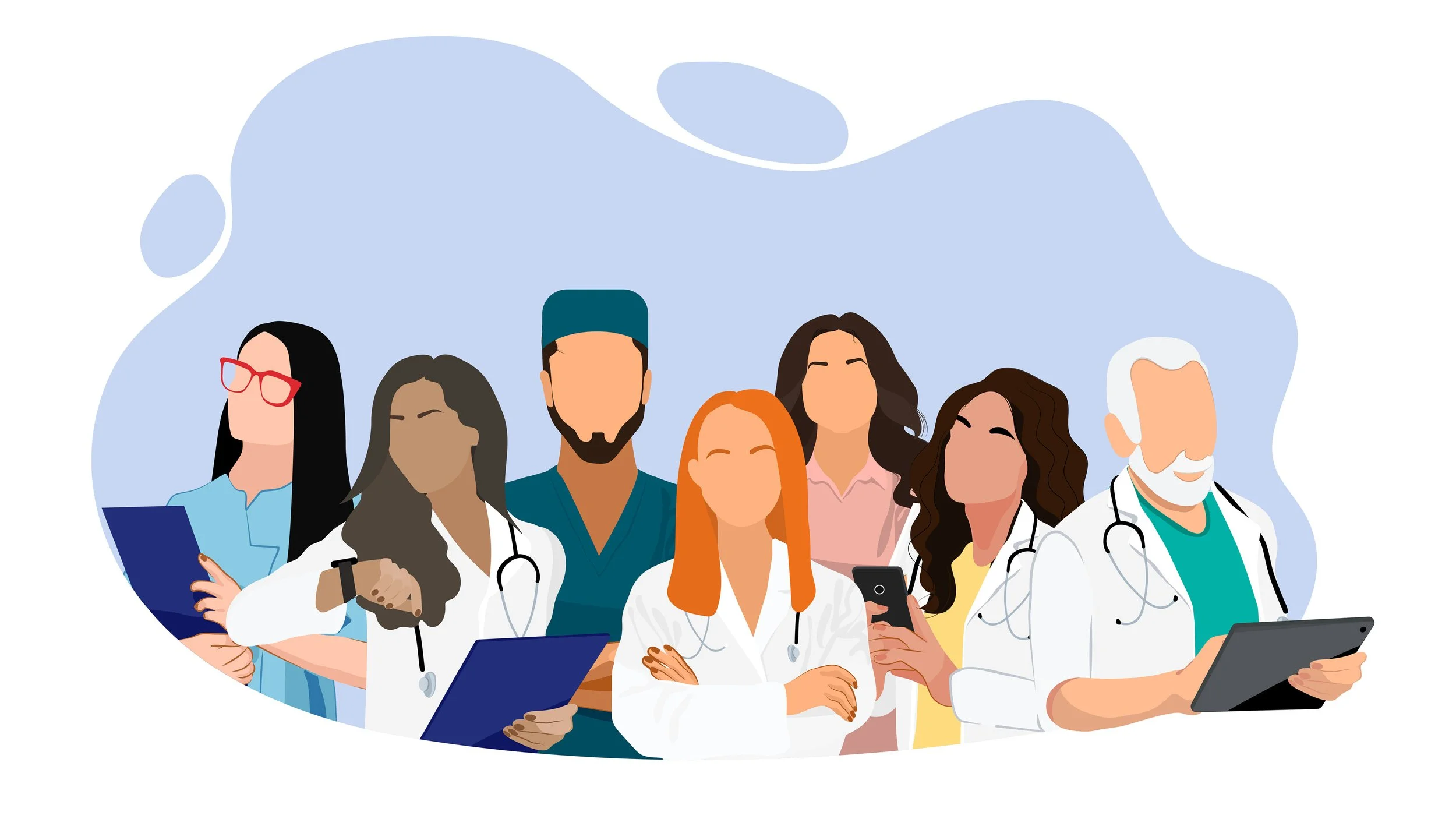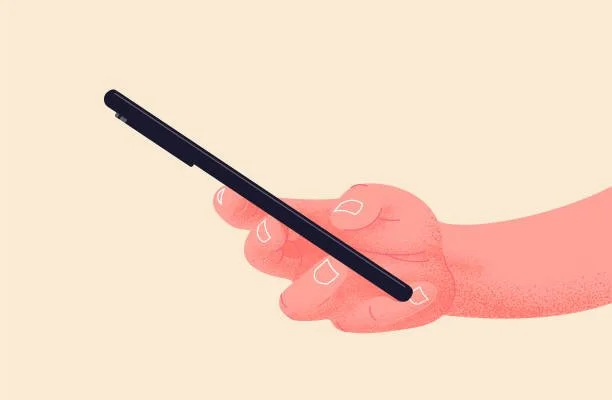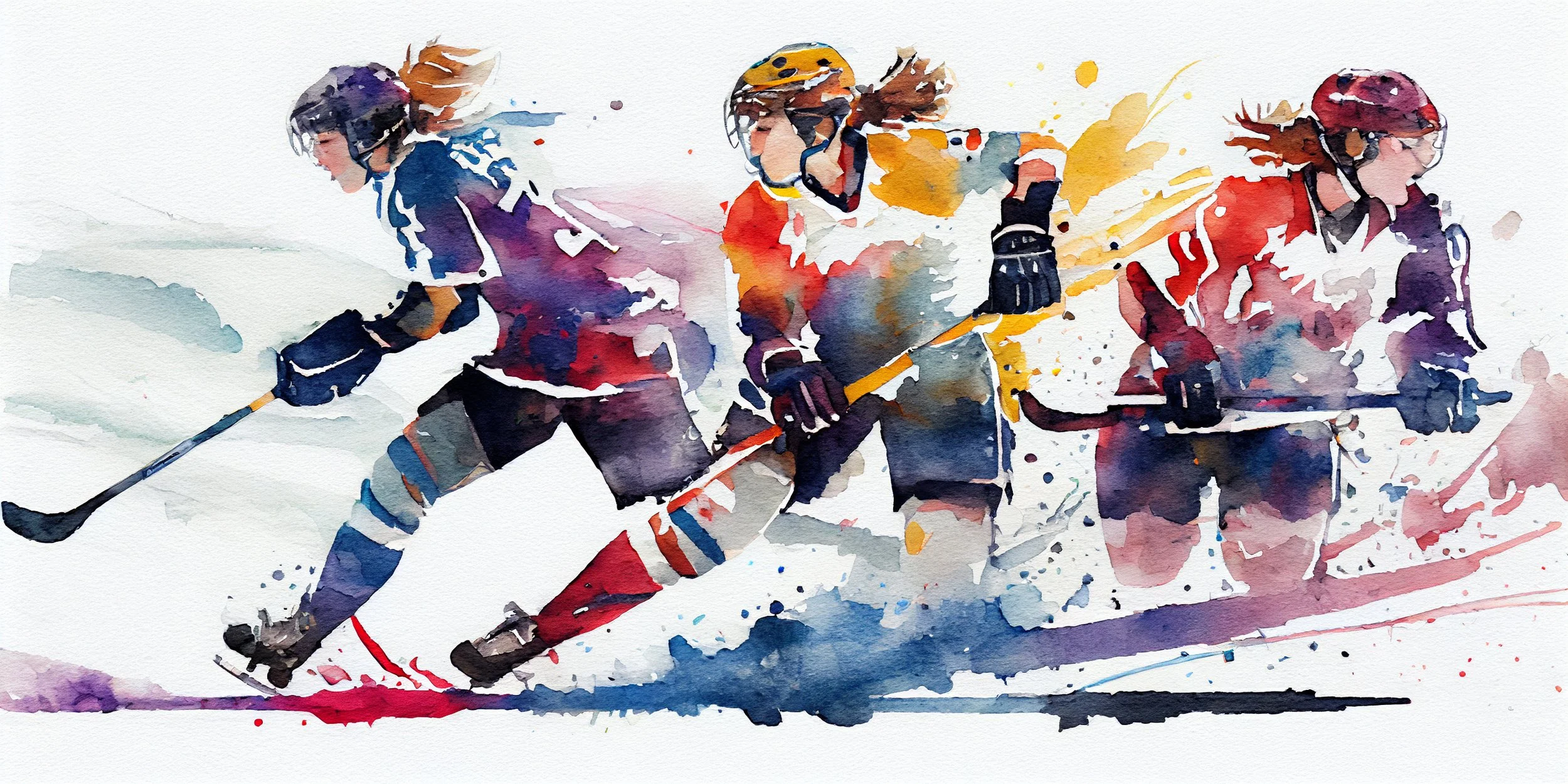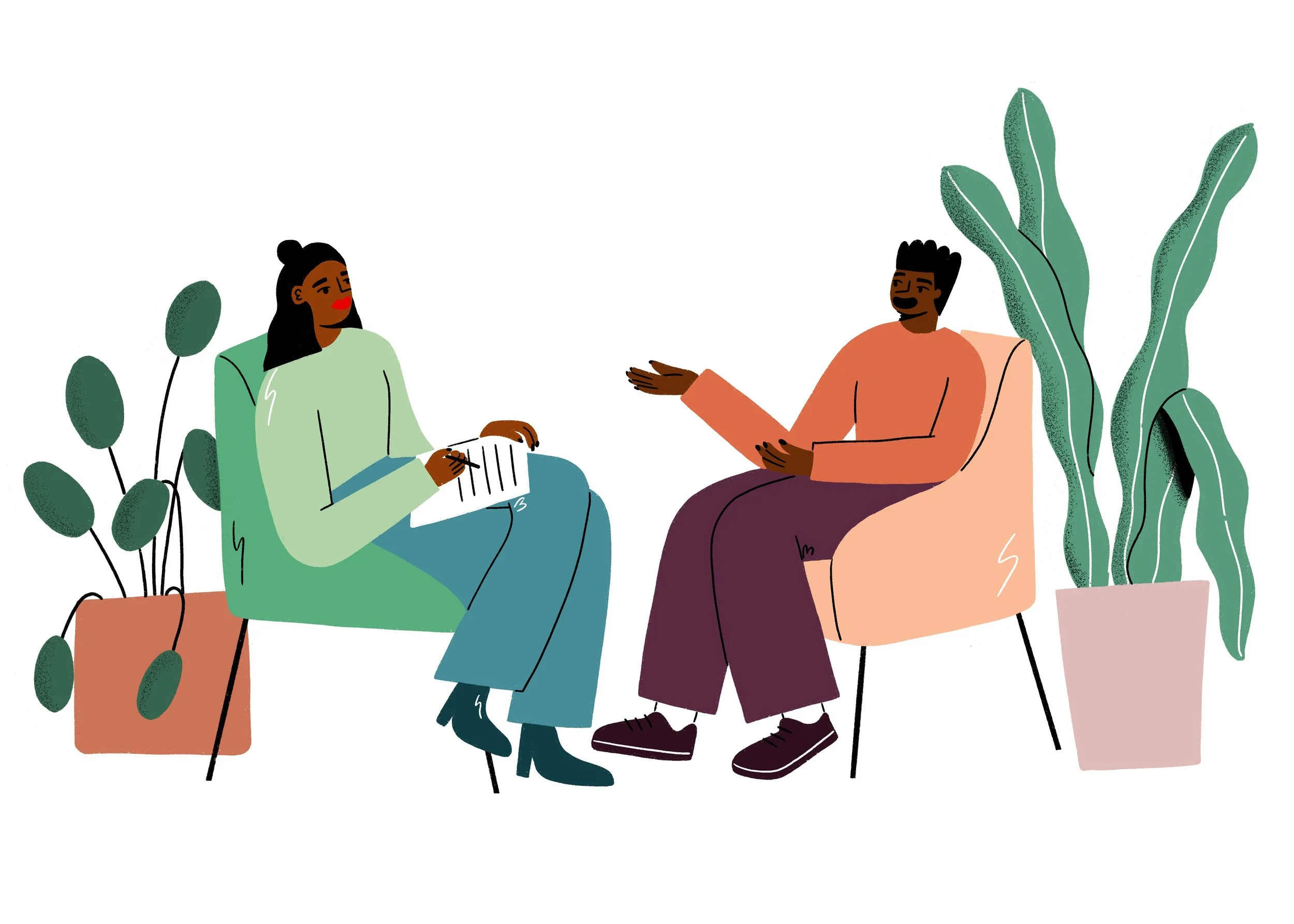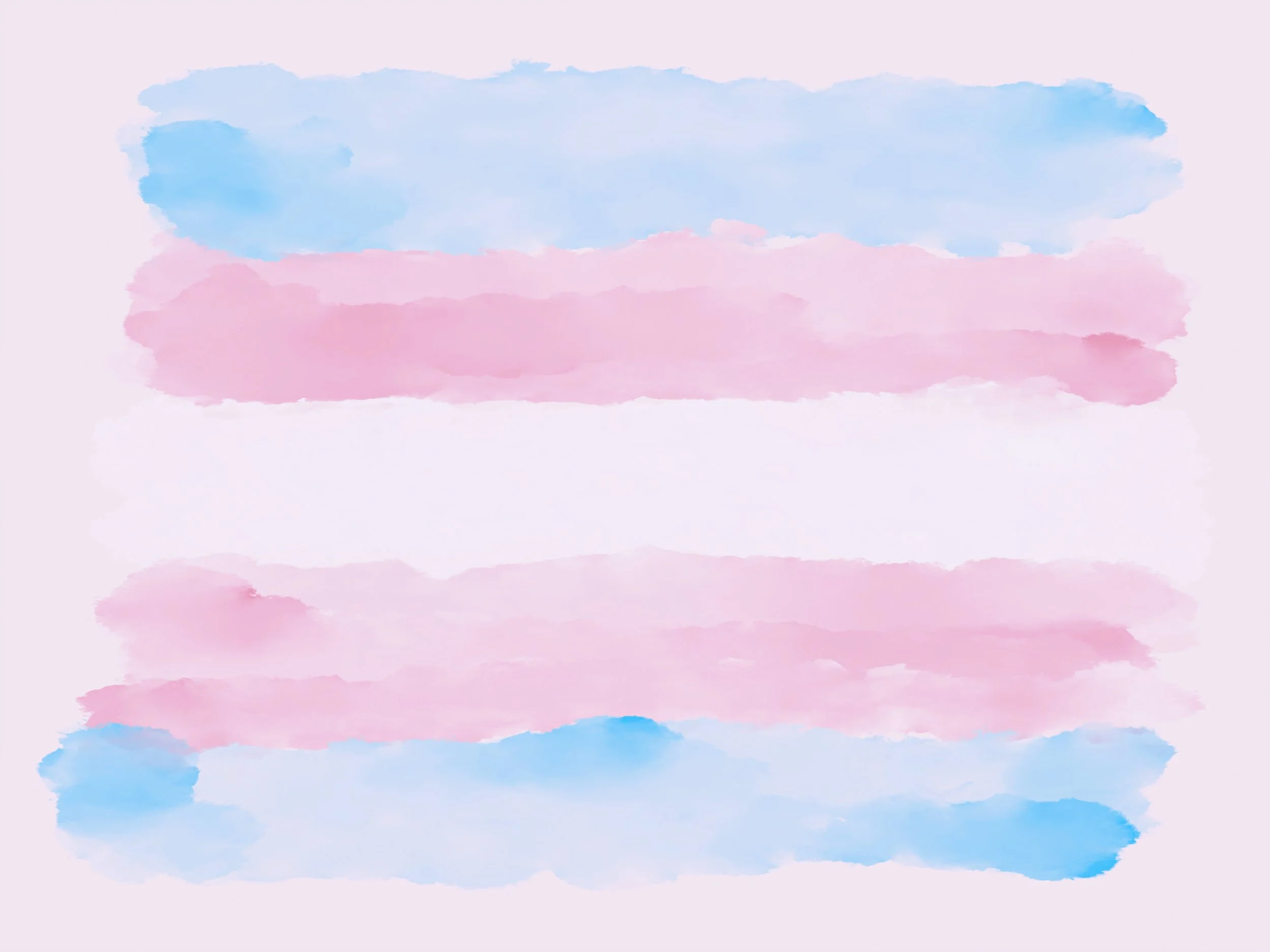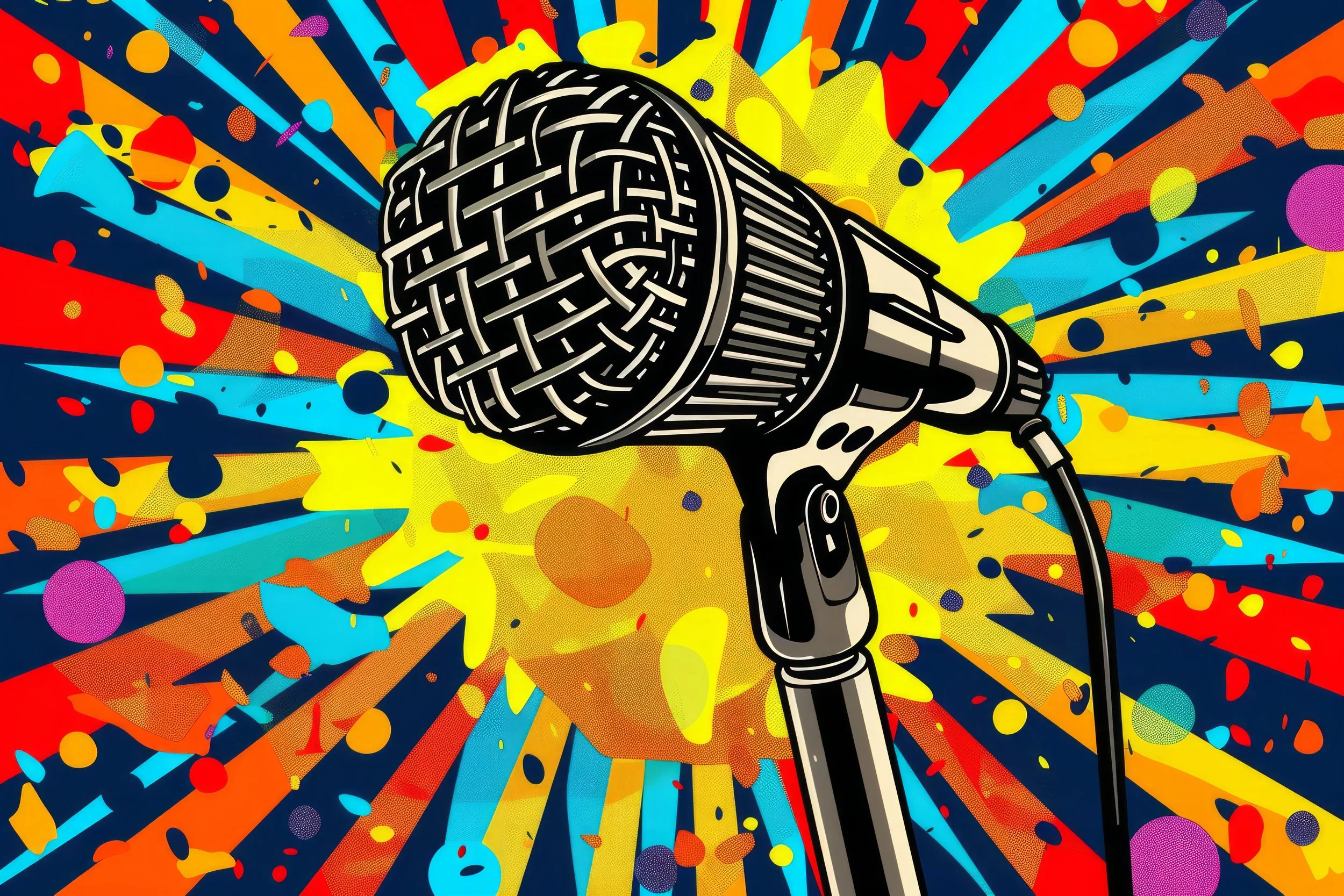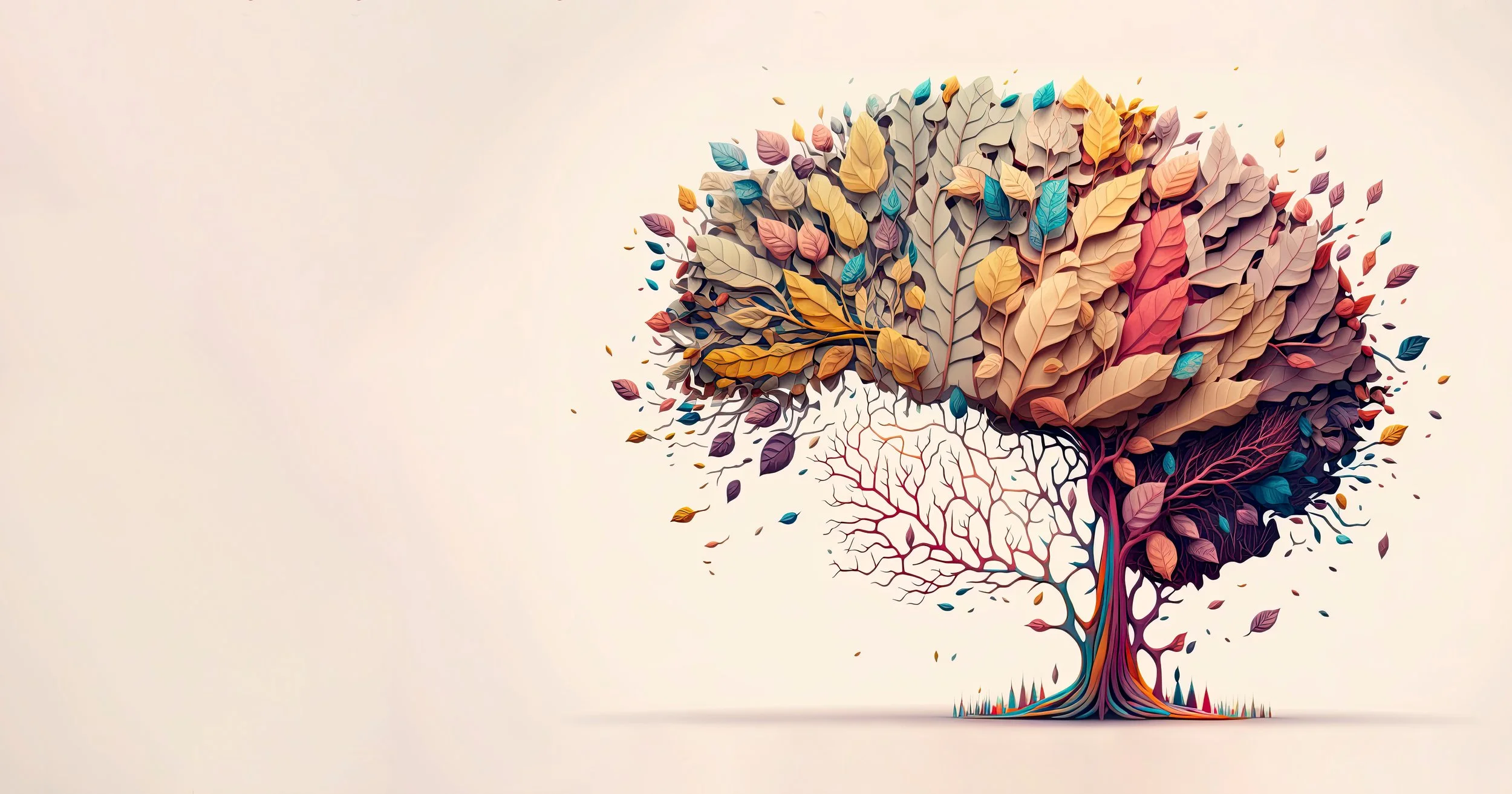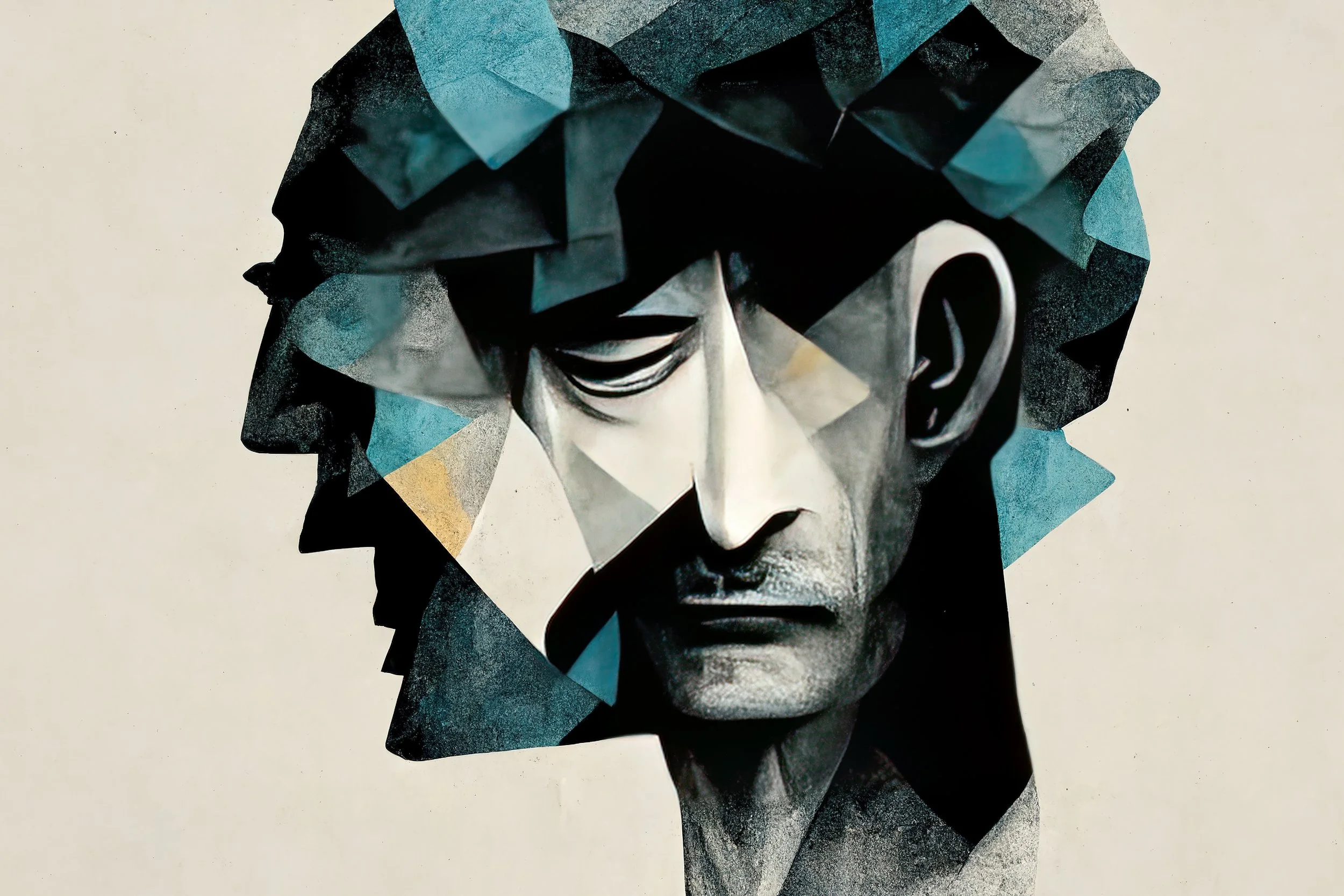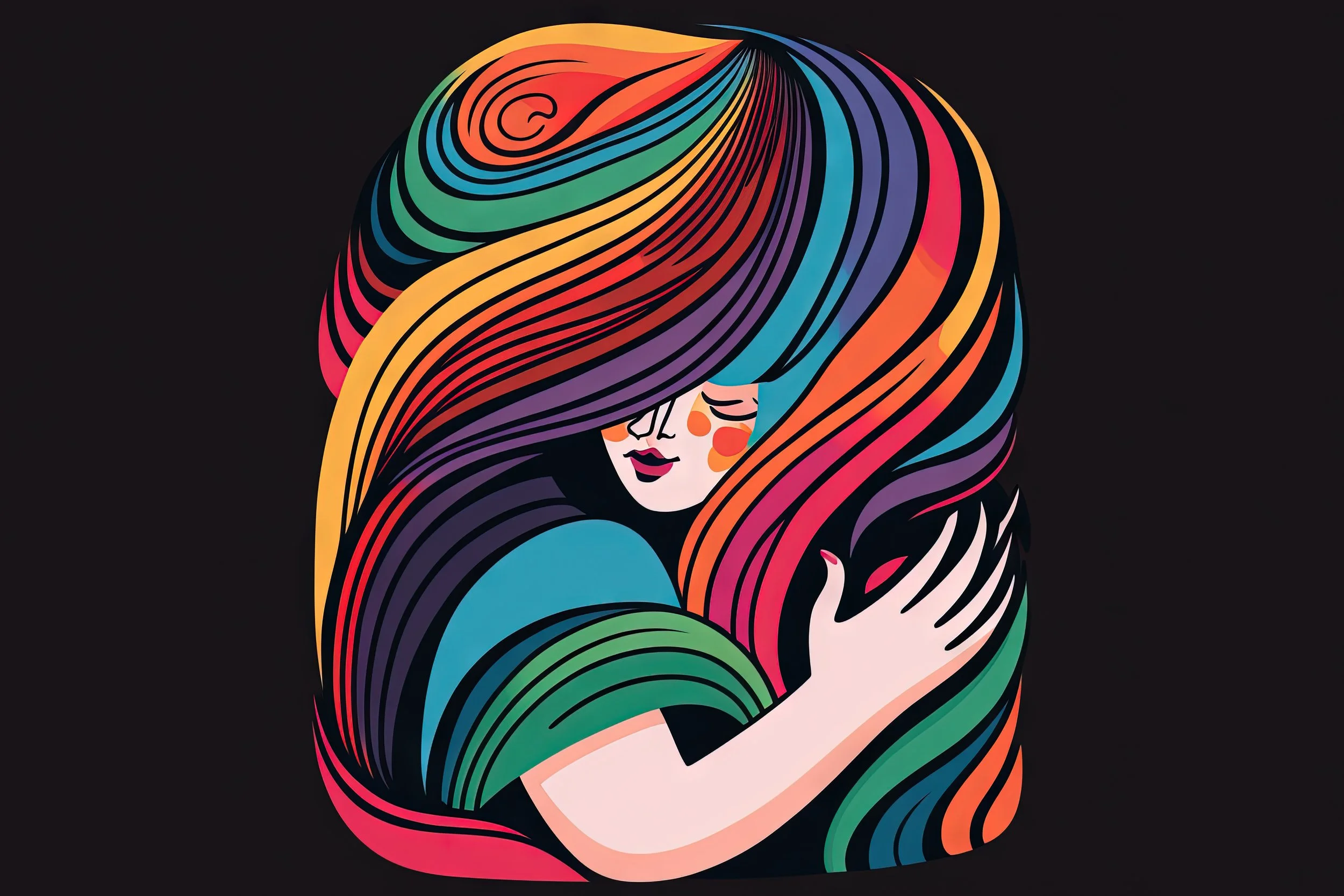Triple Point: How I've Come to Understand My Recovery
Finding some way to make sense of unfortunate life circumstances—like an eating disorder—can often help you determine how to move forward. For Natasha Brendle, that way was through chemistry's "triple point" phenomenon.
How to Stop Thinking About Food: Advice From Eating Disorder Experts
There’s a lot of talk on social media about how to stop thinking about food—to quiet the food noise. Here’s what the professionals have to say about that.
Coming Home to Your Body: How Deepening Your Roots into Body Trust® Strengthens Eating Disorder Recovery
In a culture that values some bodies while shaming others, we desperately need a way to dismantle and rebuild. Body Trust®, a framework created by Dietitian Dana Sturtevant and Therapist Hilary Kinavey, provides the necessary structure, support, and guidance for this difficult but liberating journey. In this blog, Certified Body Trust Specialist, Heidi Andersen, provides an overview of the framework and explains how it supports eating disorder healing.
Exercise Bulimia: The Hidden Danger of Wellness Culture
Wellness culture has made exercise bulimia look “normal” — and yet it’s anything but. Learn more about what it is and how to tell if you need support.
ARFID Might Not "Feel" Like an Eating Disorder. It Absolutely Is.
Pervasive confusion and lack of information about ARFID may lead many people, like Gilchriest, to doubt if they really have an illness at all. But the truth is, ARFID is a very serious eating disorder, even though it can differ significantly from more well-known eating disorders, like anorexia and bulimia. Read on to learn why ARFID is absolutely an eating disorder—and how to advocate for proper treatment.
What Does Pelvic Health Have To Do With Eating Disorders?
When compiling an eating disorder treatment team, most people don’t think to include a pelvic health physical therapist. Dr. Michelle Laging explains the correlation between pelvic floor dysfunction and eating disorders, and how pelvic floor therapy can support the healing process.
15 Best Free Mental Health Apps for All Ages, Races and Genders
We’re lucky to live during a time when finding free mental health apps is easy—but which ones are actually good? We did a little research to find out!
Competitive Tennis Gave Me Social Capital. It Also Gave Me Debilitating Anxiety.
From her first USTA tournament in middle school through college varsity tennis, Project HEAL Volunteer Blog Manager Tara Criscuolo’s self-identity became intertwined with her performance on the court. While she had natural athleticism and learned skill, Tara’s untreated anxiety disorder quickly became an unanticipated and devastating hidden opponent.
5 Practical Ways to Limit the Impact of Diet Culture in Your Life
We know that diet culture and eating disorders are connected. But let’s talk about how you can minimize the impact to avoid the associated mental health challenges.
What Comes Next: Life After an Eating Disorder
When eating disorder thoughts occupy our brain, we have less space in our minds for things that truly matter, such as our family, friends, school, work, and other activities and meaningful interests. But, as Eve Yang now knows, there is life after an eating disorder.
20+ Bipoc Mental Health Resources for Culturally-Sensitive Support
Find the BIPOC mental health support you need to feel understood, facilitate healing, or simply connect with like-minded folks.
Body Liberation as Queer Liberation
For as long as any group of people is subjugated, Scout Silverstein doesn’t believe we can genuinely celebrate Pride. In their blog, Scout dives into gender identity, rainbow capitalism, body liberation, and queer liberation.
Binge Eating Disorder Isn’t About Willpower. Here’s What It Is About.
People with Binge Eating Disorder might be used to hearing that binges — a symptom of their eating disorder — are the result of a lack of willpower. Not only is BED not an issue of willpower, but it’s a complex neurobiological mental illness, just like all eating disorders. The physiological, psychological, and emotional components of the disease are powerful and can’t be overlooked. Here’s what everyone should know about binge eating disorder.
We Exist: Latinas in Eating Disorder Recovery
Priscilla María Gutiérrez didn’t see herself in the tenth grade health class video that introduced her to eating disorders, or in the treatment center years later after she’d developed one. Today, she has become the advocate that a younger version of herself needed to see in the media.
20 Body Neutrality Affirmations for Disordered Eating Healing
Body neutrality affirmations help you continually shift your inner dialogue and language while you work through healing. Here are some affirmations to start with.
Why Dani’s Garden Exists: Disordered Eating Treatment for Everyone
After struggling with anorexia and experiencing amenorrhea, Dr. Nicole’ Felton was thrilled when she learned that she was pregnant with triplets. But excitement turned to heartbreak when Dr. Nicole’ and her husband lost a triplet in utero and then watched their two remaining triplets, micro preemies born at 26 weeks, struggle to process and break down food.
Life Can Be About So Much More Than Your Eating Disorder
For so long, Lily Pierce’s life revolved solely around her eating disorder. But, eventually, people in her life intervened. Now, Lily is an artist; she is not her eating disorder.
Resilient Roots: Navigating Intersectional Eating Disorder Care and Latinidad
While in treatment, Victoria Almazán gathered the importance of things such as eating three meals a day and challenging disordered thoughts. But, she did not fully embrace recovery until she viewed treatment through an intersectional lens and reclaimed her Latinidad.
The Undeniable Connection Between Eating Disorders and Trauma
Eating disorders and trauma are closely related—one often follows the other as humans work to cope with pain. Here’s what you need to know about the two and how they function together.
How to Ground Your Self-Worth Amid Heartbreak and Healing
Hannah Lazerowitz realized that often her relationships with food and romance were entangled. Because she couldn’t control how men felt about her, she’d again start to regulate her food intake when feelings of inadequacy arose. But just as she’d needed to learn how to heal from anorexia, she now needed to learn how to heal from heartbreak.
SUBMIT A GUEST BLOG
Project HEAL would love to share any and all stories that are aligned with our mission, vision and/or values. If you have struggled with an eating disorder, have experienced and/or overcome barriers to accessing treatment, or are an ED provider and/or recovery advocate — we want to hear from you!
We are especially interested in sharing stories from voices often excluded from and/or underrepresented in the eating disorder recovery community. Submitting a blog proposal does not necessarily guarantee publishing — we reserve the right to respond with proposed edits (for your approval) or pass on publishing your proposed content.
Thank you in advance for wanting to share your story with us and our community!



